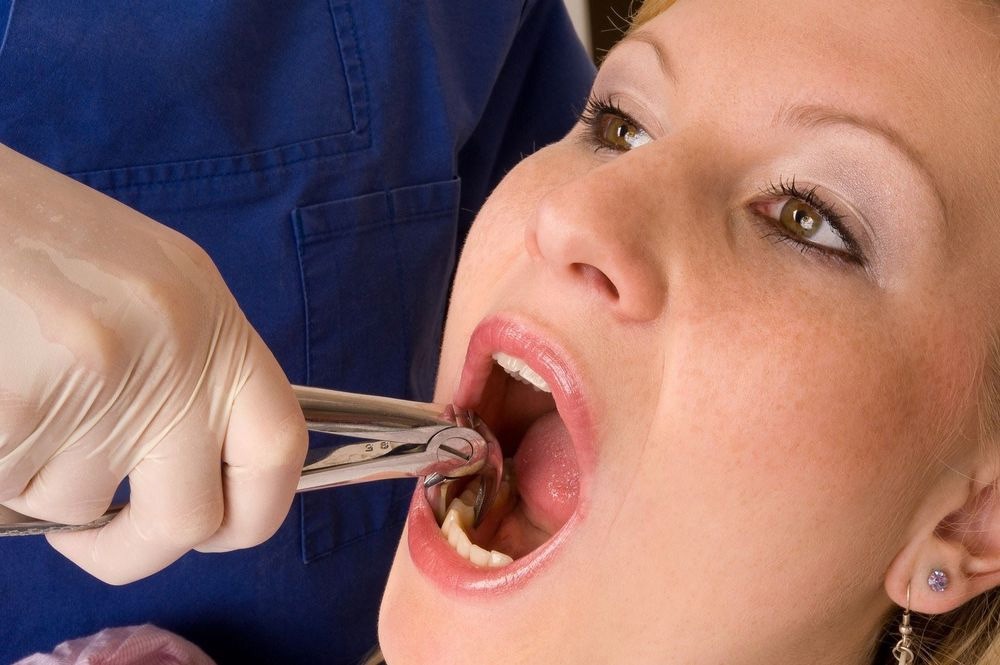Routine Extractions

Extractions
Victorian Dental offers non-traumatic dental extractions of all teeth with few referrals to oral surgeons. Special equipment is required, as well as, advanced experience by the treating dentist. Dr. Rae gained extensive training in this technique working in a denture clinic found in Deltona, FL.
Wisdom teeth extractions are a fairly common procedure.
Non-Traumatic Dental Extractions:
The anatomy of the roots of teeth or the amount of remaining tooth structure above the gumline will generally determine the complexity of the tooth removal. This is determined by our doctors at the time of assessment for extraction. For all teeth except impacted wisdom teeth under the bone we use what is known as an Atraumatic Extraction technique.
The approach is also known as Nontraumatic Extraction technique. The goal of this approach is to remove the tooth and roots without removing any bone around the tooth. This is done by performing any drilling within the tooth structure being removed only and not the bone. There are special microsurgical instruments used for this technique and many times a microscope is used to aid in the atraumatic removal.
The advantage of this approach for patients is:
- Reduced postoperative pain
- Reduced swelling
- Faster healing
- More bone volume for placing implants
Before removing a tooth, we will give you a local anesthetic to numb the area where the tooth will be removed. Oral sedation or nitrous gas may also be used, especially if several teeth will be removed at the same time. Oral sedation may make you groggy during the procedure and does require that a companion bring you to the office and drive you home.
After the tooth is removed, you may need stitches. Some stitches dissolve over time and some have to be removed after a few days. The doctor will tell you whether your stitches need to be removed. A folded cotton gauze pad placed over the wound will help stop any bleeding.
What To Expect After Surgery
. . .
- Bite gently on the gauze pad periodically, and change pads as they become soaked with blood. Call our office if you still have bleeding 24 hours after your surgery. Call (386) 624-7658.
- While your mouth is numb, be careful not to bite the inside of your cheeks, lips, or tongue.
- Do not lie flat. This may prolong bleeding. Prop up your head with pillows.
- We recommend using an ice pack on the outside of your cheek for the first 8 hours applied with some pressure against the cheek. This helps to reduce the amount of swelling associated with extractions.
- Relax after surgery. Physical activity may increase bleeding.
- Eat soft foods, such as gelatin, pudding, or a thin soup. Gradually add solid foods to your diet as healing progresses over the first week after extractions.
- Do not use a straw for the first few days. Sucking on a straw can loosen the blood clot, and delay healing.
- After the first day, gently rinse your mouth with warm salt water several times a day to keep the surgical site clean, and to reduce the chance of infection, and swelling.
- Do not smoke for at least 24 hours after your surgery. The sucking motion can loosen the clot, and delay healing. In addition, smoking decreases the blood supply to the area, and can bring germs, and contaminants to the surgery site.
- Avoid rubbing the area with your tongue, or touching it with your fingers.
- Continue to brush your teeth and tongue carefully.
